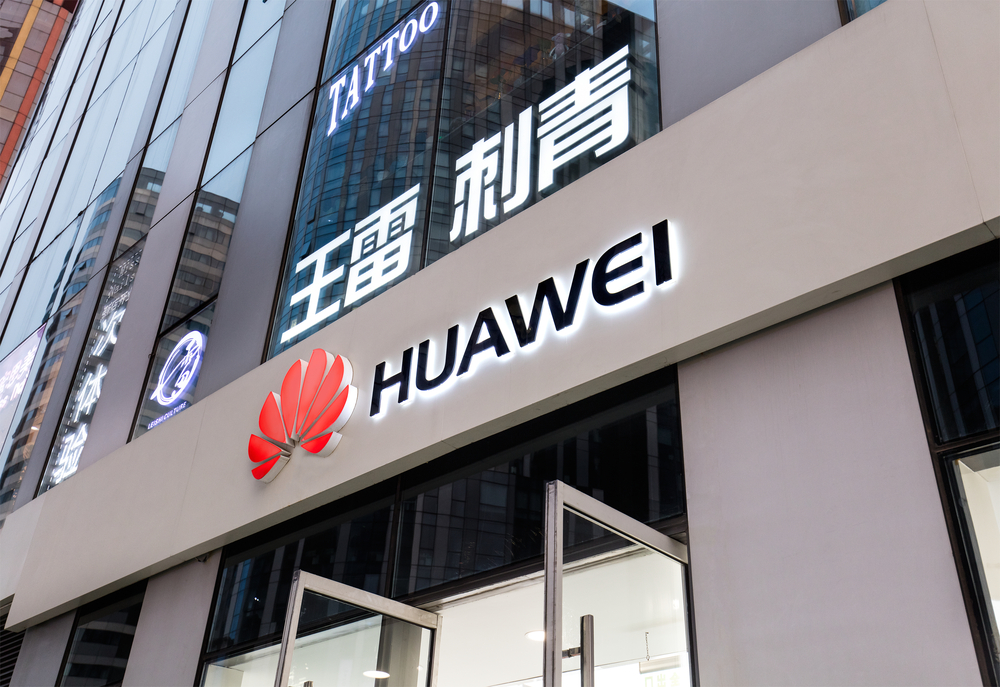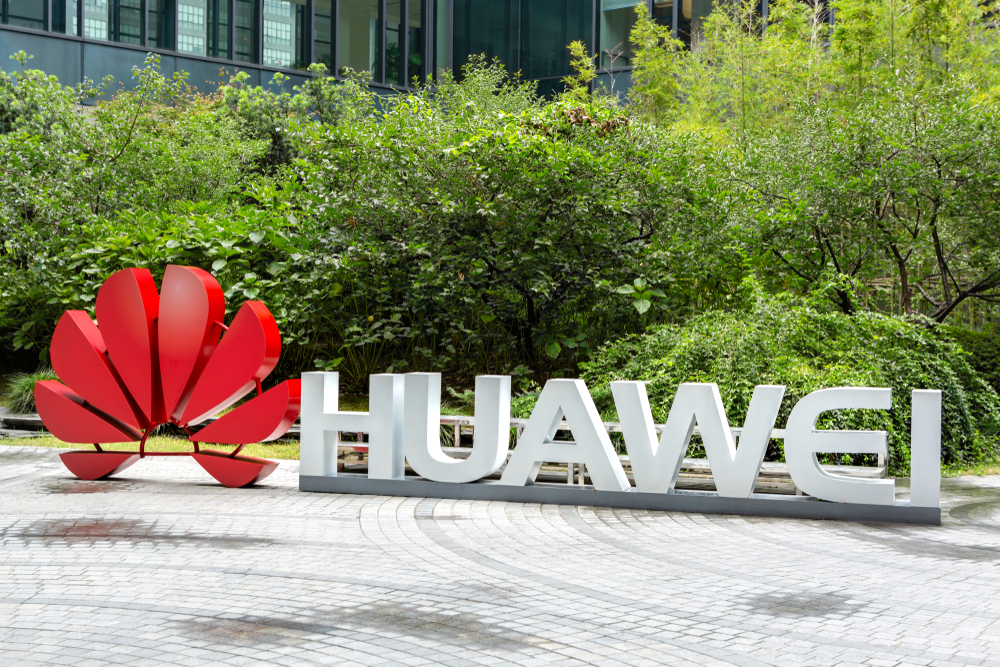US sanctions force Huawei to halt smartphone chip production
The Chinese company has confirmed that production of the high-end Kirin 9000 SoC will stop next month


Huawei has confirmed that production of its most advanced smartphone chips will stop in September as a result of US sanctions.
The company, which recently overtook Samsung to become the world's largest smartphone maker, said on Friday that production of its high-end Kirin 9000 chipset would be halted from 15 September.
From this date, the AP reports, Taiwan Semiconductor Manufacturing Co. (TSMC), which has been making Kirin 9000 chips using US equipment, will no longer be allowed to manufacture chips on behalf of Huawei's HiSilicon subsidiary.
“Unfortunately, in the second round of US sanctions, our chip producers only accepted orders until May 15. Production will close on September 15,” Richard Yu, CEO of Huawei’s consumer business unit, said on Friday. “This year may be the last generation of Huawei Kirin high-end chips.”
It's likely Huawei’s upcoming Mate 40 flagship, scheduled for release in September, could be the last phone with a Kirin chip. It could also be in short supply, as Yu added that this year’s smartphone sales probably will be lower than 2019′s level of 240 million handsets.
“Huawei’s mobile phones have no chip supply, which makes our shipment volume this year a little less than 240 million units,” Yu added. “This is a huge loss for us.”
As a result of the US action, which prevents Huawei from purchasing goods and services from US-based companies, the company is reportedly calling on China to step up its chip design and manufacturing capabilities.
Get the ITPro daily newsletter
Sign up today and you will receive a free copy of our Future Focus 2025 report - the leading guidance on AI, cybersecurity and other IT challenges as per 700+ senior executives
However, Qualcomm is also looking to step in and help. The Wall Street Journal reported Saturday that the American chipmaker had asked the Trump administration to ease the restrictions on the sale of components to Huawei, and allow it to sell chips to the company for use in its 5G phones.
Huawei isn't just facing difficulties in the US. Last month, the UK government announced that it will remove Huawei equipment from the country's 5G network by 2027 on the grounds of national security.
The decision, spurred by the US sanctions imposed on the Chinese company earlier this year, will delay the UK's 5G rollout by up to two years at a cost of up to £2 billion.
Carly Page is a freelance technology journalist, editor and copywriter specialising in cyber security, B2B, and consumer technology. She has more than a decade of experience in the industry and has written for a range of publications including Forbes, IT Pro, the Metro, TechRadar, TechCrunch, TES, and WIRED, as well as offering copywriting and consultancy services.
Prior to entering the weird and wonderful world of freelance journalism, Carly served as editor of tech tabloid The INQUIRER from 2012 and 2019. She is also a graduate of the University of Lincoln, where she earned a degree in journalism.
You can check out Carly's ramblings (and her dog) on Twitter, or email her at hello@carlypagewrites.co.uk.
-
 Meta just revived plans to train AI models using European user data
Meta just revived plans to train AI models using European user dataNews Meta has confirmed plans to train AI models using European users’ public content and conversations with its Meta AI chatbot.
By Nicole Kobie
-
 AI is helping bad bots take over the internet
AI is helping bad bots take over the internetNews Automated bot traffic has surpassed human activity for the first time in a decade, according to Imperva
By Bobby Hellard
-
 Application enablement in an AI world
Application enablement in an AI worldHow enterprises can tap into AI-fueled application enablement to build apps faster and deploy them while consuming fewer resources
By Keumars Afifi-Sabet
-
 6G: Pioneering a new era of innovation and business value
6G: Pioneering a new era of innovation and business valueSponsored Content Discover how 6G will redefine the wireless industry through innovation, AI integration, and groundbreaking technology to drive new business value
By Rene Millman
-
 Huawei at Gitex Global 2024: driving innovation in industrial digitalization and intelligent transformation
Huawei at Gitex Global 2024: driving innovation in industrial digitalization and intelligent transformationSponsored Content Huawei showcased its latest advancements at Gitex Global 2024, focusing on accelerating digital transformation through innovative product launches, partnerships, and AI-ready ICT infrastructure
By ITPro
-
 Huawei Cloud: enabling business and industry growth
Huawei Cloud: enabling business and industry growthSponsored Content Huawei Cloud is transforming industries with innovative cloud, AI, and digital solutions, empowering enterprises to achieve growth and success in the digital age
By ITPro
-
 Amplifying intelligence: Huawei’s smart solutions for manufacturing and large enterprises
Amplifying intelligence: Huawei’s smart solutions for manufacturing and large enterprisesSponsored Content As industries face mounting pressures to innovate, Huawei is launching ten new intelligent solutions, designed to transform manufacturing, retail, and real estate through cutting-edge ICT represented by AI and cloud technologies
By ITPro
-
 How the media industry can take advantage of the AI wave
How the media industry can take advantage of the AI waveSponsored Content Welcome to a new way to create and consume movies, animation, and even the morning news
By ITPro
-
 Huawei AI tech used to filter out invasive salmon species in Norway river trial
Huawei AI tech used to filter out invasive salmon species in Norway river trialNews Pacific salmon threaten to overwhelm Atlantic salmon in hundreds of rivers along the nation’s coastline
By Zach Marzouk
-
 Huawei’s founder calls for a shift to software due to US sanctions
Huawei’s founder calls for a shift to software due to US sanctionsNews The Chinese tech giant’s hardware business is struggling due to US trade restrictions on tech deals
By Mike Brassfield